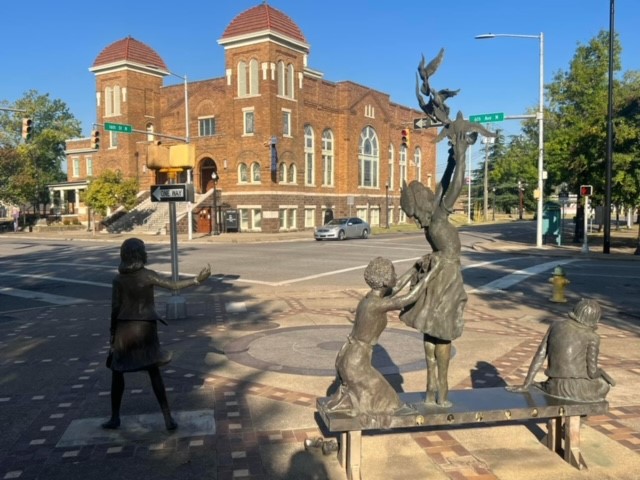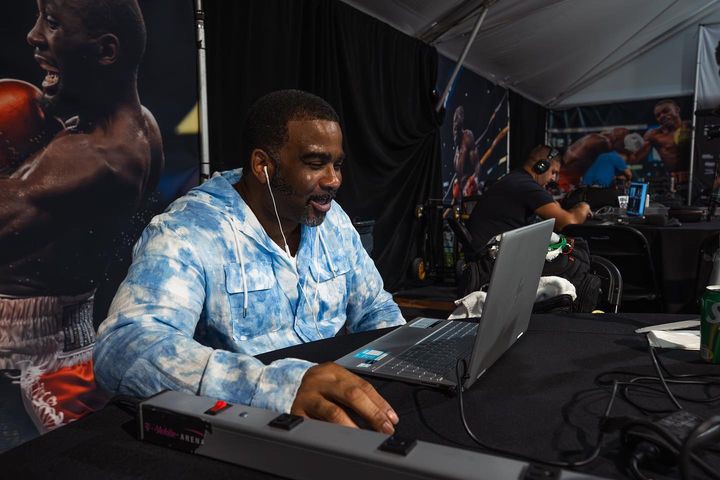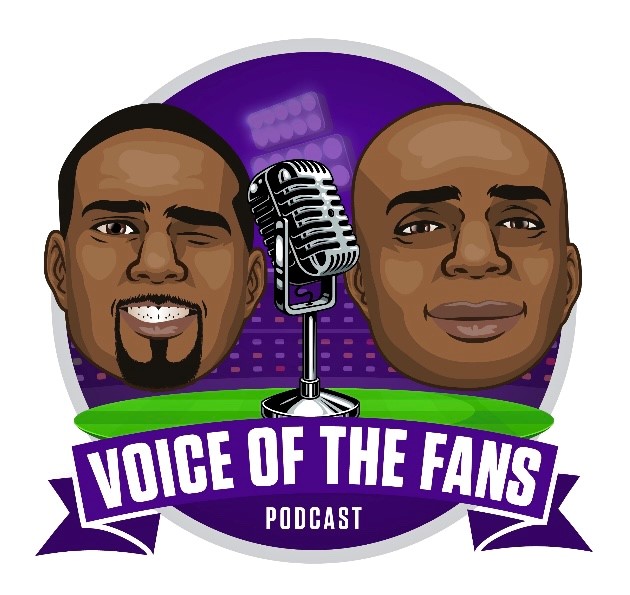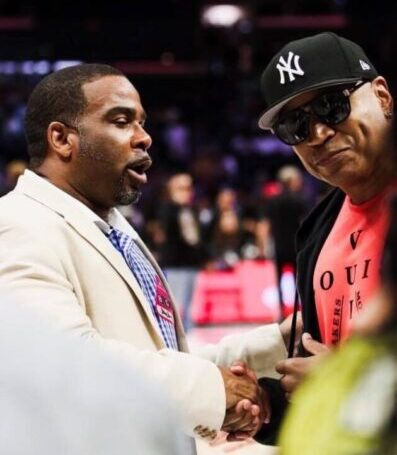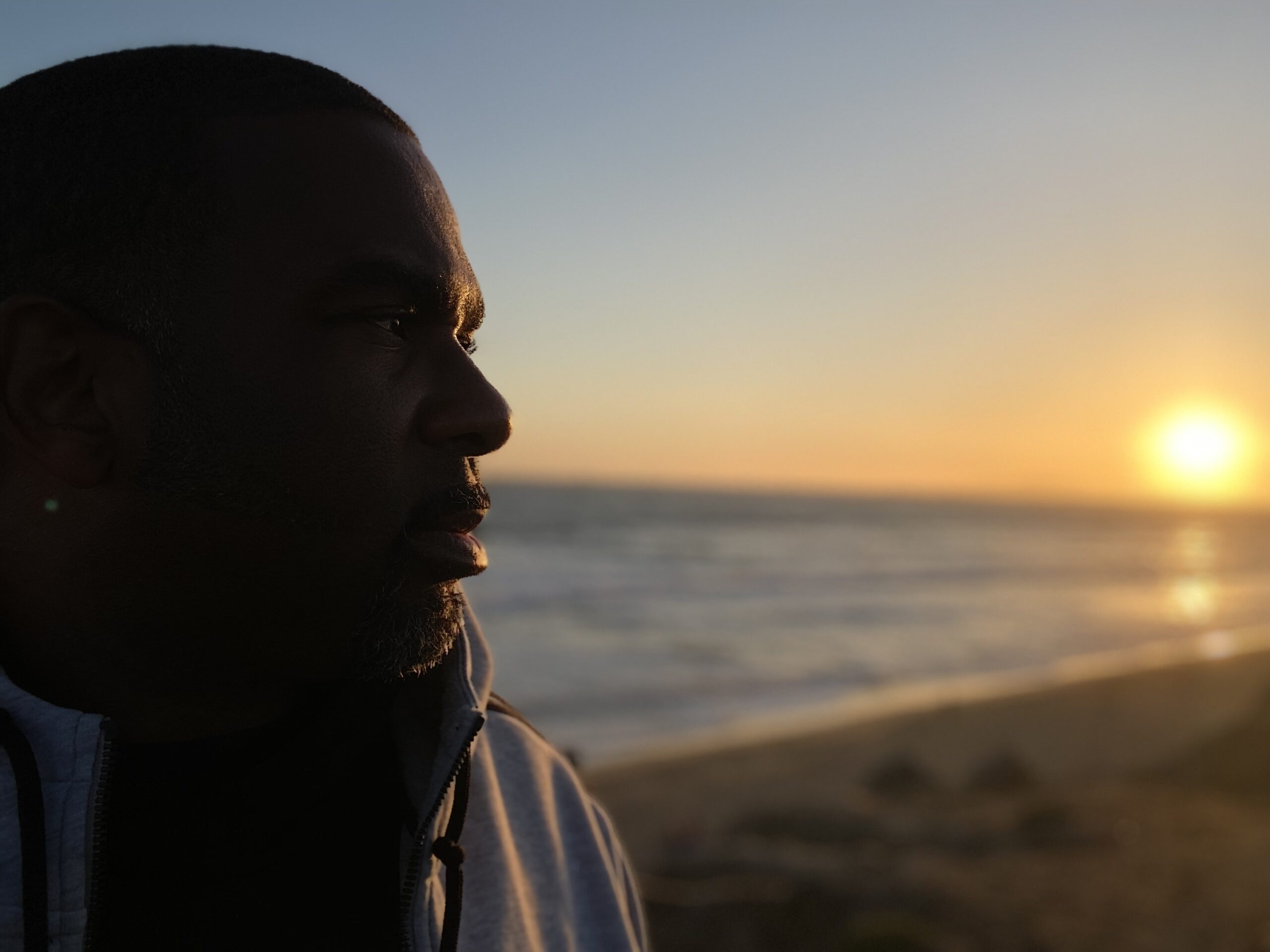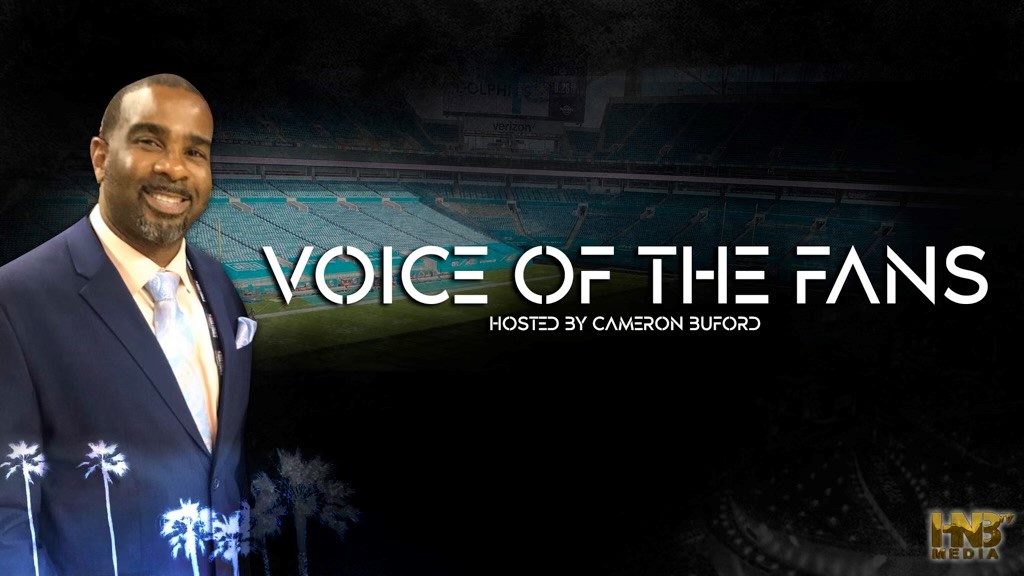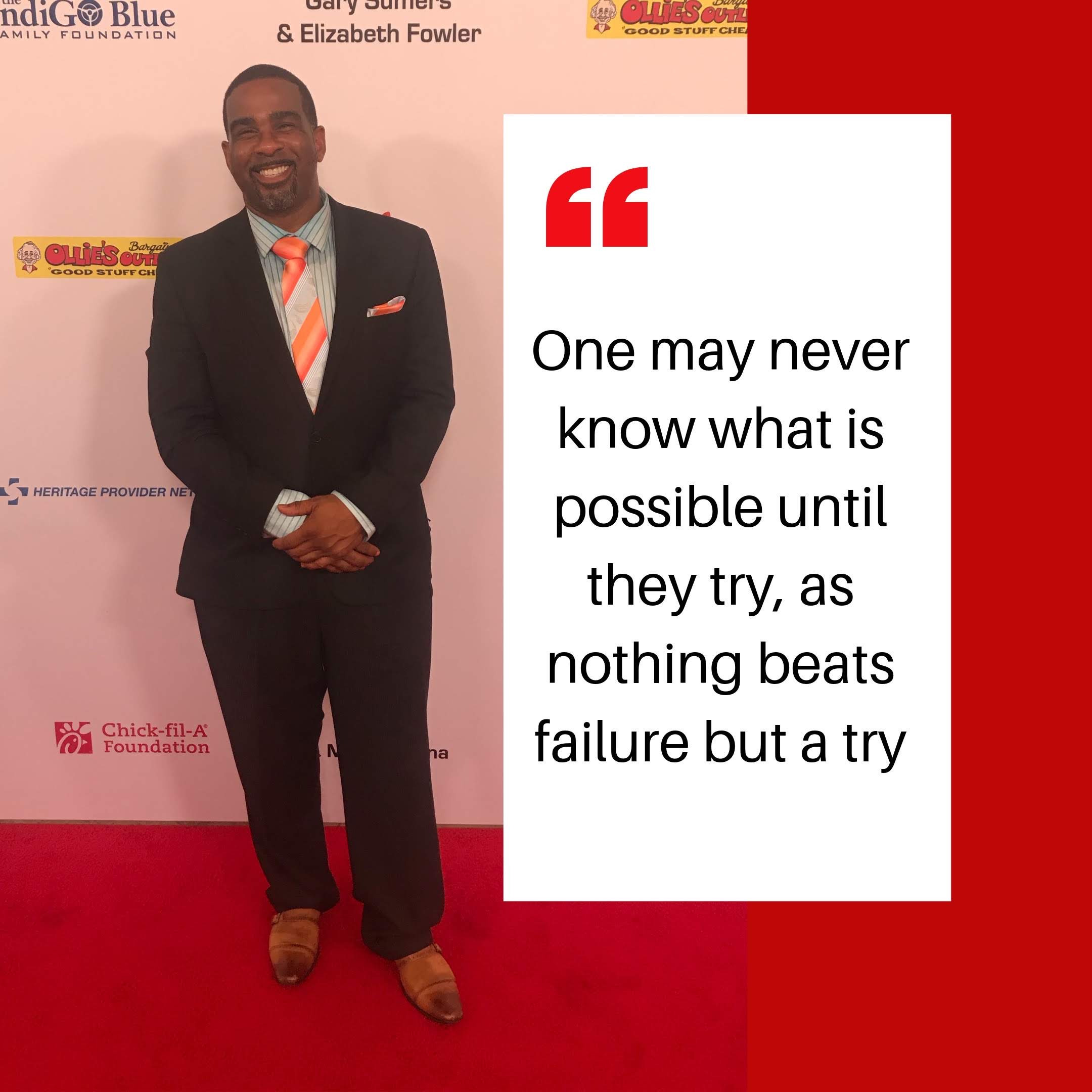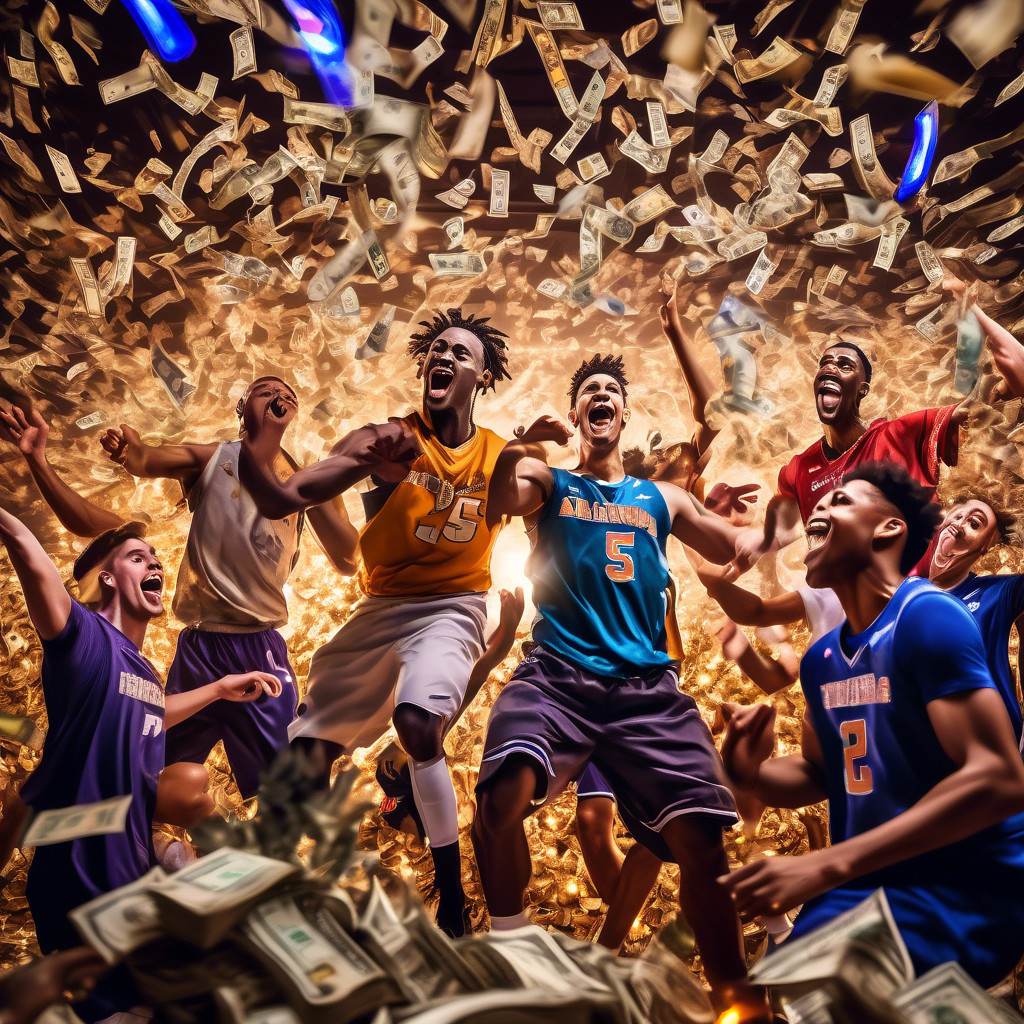
Once upon a time, a growing concern in college athletics was football players sitting out of bowl games in preparation for the NFL Draft. With the prominence of the transfer portal, we now have what equates to free agency in collegiate sports.
Additionally, now that players can earn money from Name, Image, and Likeness deals, things are getting closer to professional sports. This college basketball season and throughout the NCAA Tournament, we have seen incidents highlighting the impact the transfer portal and NIL deals have on the landscape of college basketball.
Introduced in 2018, the NCAA college basketball transfer portal has become more and more prevalent each season. This season, the transfer portal officially opened on the Monday after the lineup for the Swett 16 was determined. One of the unintended consequences of this date set by the NCAA brass is it allows players to transfer schools during the tournament, and it weakens the programs competing in the tournament while compromising the integrity of the NCAA Tournament itself.
Former Michigan guard Justin Pippen, son of six-time NBA champion Scottie Pippen, showed us the most notable example of the transfer portal impacting college basketball when he entered the NCAA transfer portal just after the Wolverines qualified for the Sweet 16. Reportedly, Pippen was not with the team for their game in Atlanta against the top-seeded Auburn Tigers.
While Pippen appeared in 28 games during his freshman season at Michigan. It’s not likely his 1.6 points per game, 0.7 rebounds, or 0.6 assists would have changed the fortunes of the Wolverine’s run in the NCAA Tournament, but this a glaring issue for the NCAA moving forward. Not only does this NCAA transfer portal’s current official opening date allow for this, but compromising the upcoming game games in the tournament is another consequence of the ruling.
NIL essentially refers to the rights of individuals to control and profit from the use of their brand. In the context of college sports, it allows student-athletes to earn money through sponsorships, endorsements, and other business opportunities tied to their fame, naturally, the best players lean toward the schools that can pay them the most.
The implementation of the NIL policy in 2021 into college basketball has impacted the landscape of the game. This historical change came after years of debate and legal challenges. Now enables college athletes to monetize their Name, Image, and Likeness without jeopardizing their eligibility in their chosen sport.
In its fifth year of existence, the transfer portal coincides with the introduction of the Name Image and Licensing ruling. When asked about whether he thought being a great recruiter is as critical as having NIL funds available, Memphis head coach Anfernee Hardaway made it clear how he thinks NIL impacts recruiting in college basketball after his 5th-seeded Tigers lost to 12th-seeded Colorado State Rams in the first round of the NCAA Tournament.
“I think, a little bit it matters because you try to build relationships. But in the overall scheme of things, it’s all about the money, to be honest with you,” Hardaway said. “But I still try to have some relationship with the guys, yet in this era, it’s more about who can give you the most money.”
I was eager to hear what the players thought about their coach saying, “It’s all about the money,” as well as hearing what attracts them to a particular school if the money was equal.
“Well, I think for me it was just having a chance to play in March. I never had a chance, never was close to it so that was kind of big in my decision,” said Memphis Colby Rogers. “Then having a platform of playing li ke our non-conference schedule, playing the best competition, and then just trying to better myself professionally.”
“For me, I feel like the biggest thing was development and just being around a pro. I sacrificed, I turned down a lot of schools just to come here and be able to play in games like this. I wanted to win,” Memphis Dain Dainja said. “I wanted to go to a school that wanted to win. I talked to multiple guys. I talked to Tyrese (Hunter), Moussa (Cisse), and PJ (Carter) before I committed here, and we all just bought in. We all just wanted to win at the end of the day. It’s never about the money or anything; we just wanted to play in games like this.”
NIL and the transfer portal getting introduced to college sports have tremendously impacted how we view collegiate sports, in addition to the way programs are built and led. With “student-athletes,” now able to make money from their NIL deals and go to the highest bidder, it changes how franchises have historically built.
We are not likely to see multiple talented upperclassmen on the same team, as those players will be able to make money on competitive teams. This will strengthen the mid-majors, as the blue bloods of college hoops will be recycling the best players who seek the best NIL deals. One legendary college basketball coach recently let his thoughts be heard regarding this transition in the sport.
“The kids got to do what they got to do. But they’re not doing what they go to do, they’re doing what their parents and agents are telling them what to do,” Michigan State head basketball coach Tom Izzo. “Because they still got to practice and go into the same locker room unless they leave the team.”
“I think that’s insane, I think it’s disgusting! But you know, that’s my own personal opinion,” said Izzo about the transfer portal. “By the way, there’s not a lot of recruiting done in the transfer portal. It’s offering. It’s not recruiting, it’s paying.”
“I’m going to worry about the guys I got in this program, who’s done an incredible job this year, and that’s it. And, if that cost me later, so be it,” Izzo added in an intensive tone. “Tom Izzo isn’t cheating the people that he has, who have been loyal to him, for this chaos that is going on out there.”
What Izzo and other college coaches, with his experience, are facing is the evolution of college basketball. It’s going to take a seismic adjustment for coaches to thrive in this new era of college basketball, as compared to the previous era of building and recruiting for a program’s long-term approach. These days, coaches won’t likely have decades to turn around a program, and with these new implementations, it won’t take years. However, they will now be required and expected to win sooner than ever.
Maryland standout center Derik Queen was asked after their win over the Colorado State Rams in the second round of the NCAA Tournament why they were willing to listen to what the former Terrapins head coach had to say during the season.
“He’s the one paying us the money,” the jovial Queen said in response, eliciting laughter from the media attending their post-game press conference.
No one can earnestly argue that the athletes should not be able to earn money from their NIL, which the NCAA has made millions off each season for decades previously. How will this changing landscape impact the way you view college basketball? Do we like free agency in college basketball? If you are being honest with yourself, you probably do.
-Please share your thoughts on this topic with me on X at https://x.com/whatsgoodnsport
